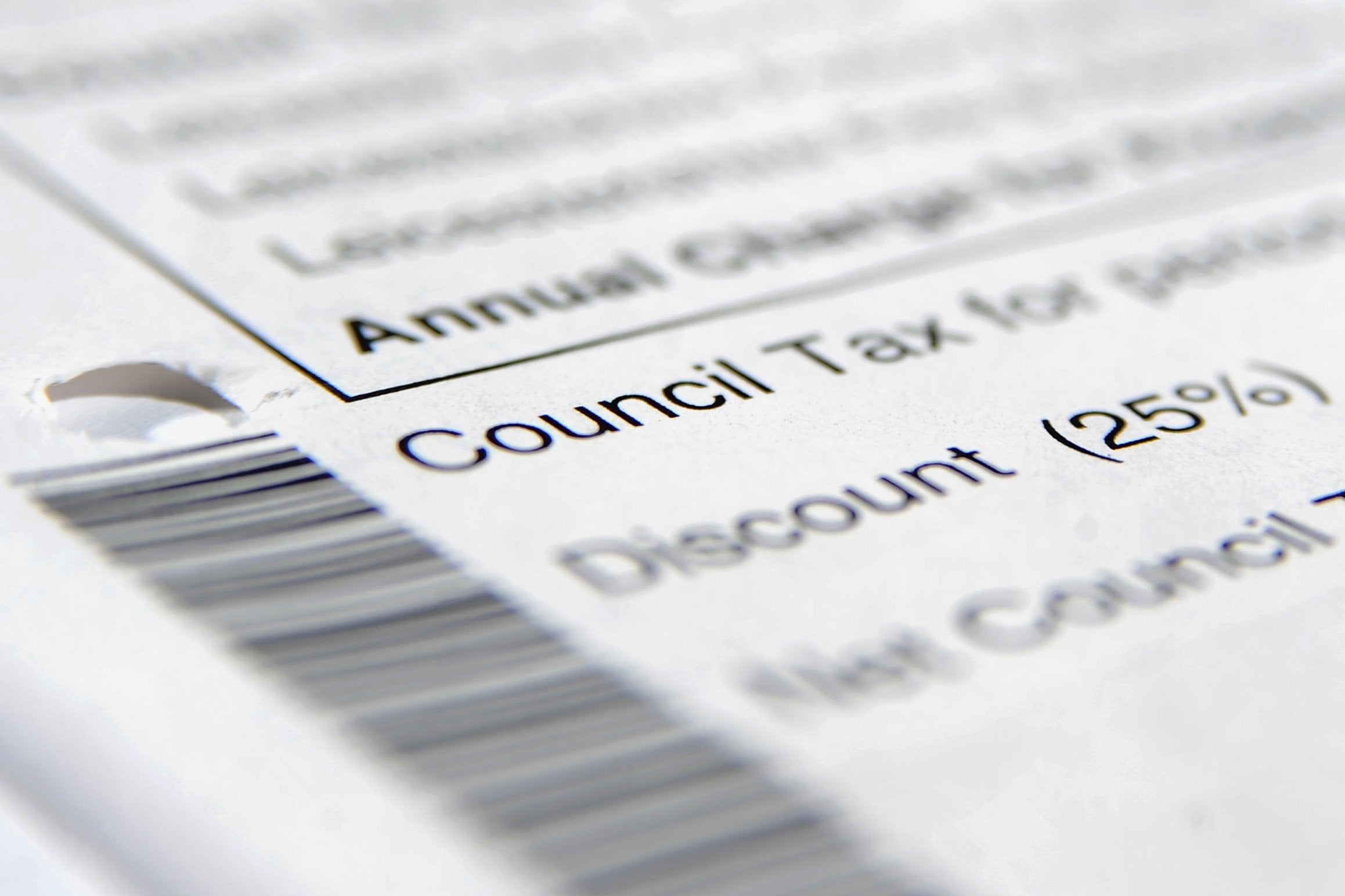Demand for debt help reaches five-year high as more people struggle to pay for basic expenses
Budget deficits put basic essentials out of reach of nearly half of National Debtline callers

People are increasingly struggling with “smaller but trickier" debts on everyday household bills, according to new figures from National Debtline, run by the Money Advice Trust.
The charity is expecting a total of more than 189,000 calls by the end of the year – its highest level of demand in the past five years, with webchat and online demand also increasing.
While fewer people are now seeking advice with credit cards, loans and overdrafts, more callers report debts relating to everyday household bills such as council tax, rent and energy.
Half of callers are struggling to repay debt of £5,000 or less – up from just 22 per cent in 2008.
This reflects the fact that more people do not have enough money coming in to cover essential spending, the charity said.
Nearly half of National Debtline callers (48 per cent) now have a budget deficit – up from 27 per cent in 2009.
The proportion of callers falling behind on council tax payments has doubled from 15 per cent in 2008 to 30 per cent in 2018 while 17 per cent now have rent arrears, up from six per cent a decade ago. Energy arrears have risen from 9 per cent to 14 per cent in the same period.
The Money Advice Trust is calling on government and regulators to introduce a formal strategy to reduce problem debt, bringing together the relevant departments, agencies and regulators into a single, coherent approach.
The charity says the government must ensure that its planned Breathing Space scheme provides protections for people seeking advice from all types of creditors – including utility companies, local authorities, the Department for Work and Pensions and HMRC.
Joanna Elson, chief executive of the Money Advice Trust, said: “We need to change how we think about problem-debt in the UK.
“Ten years ago a typical caller to National Debtline was struggling to pay credit cards and personal loans. Today, callers are struggling with smaller but trickier debts, usually on everyday household bills – and often caused by ‘broken budgets’, where the money coming in is simply not enough to cover their essential spending.
“The government, regulators, creditors and the advice sector need to work together to tackle these new realities. There is some good news with the creation of the new single financial guidance body, plans for a statutory Breathing Space scheme and a renewed focus from creditors on supporting people in vulnerable circumstances."
Subscribe to Independent Premium to bookmark this article
Want to bookmark your favourite articles and stories to read or reference later? Start your Independent Premium subscription today.

Join our commenting forum
Join thought-provoking conversations, follow other Independent readers and see their replies